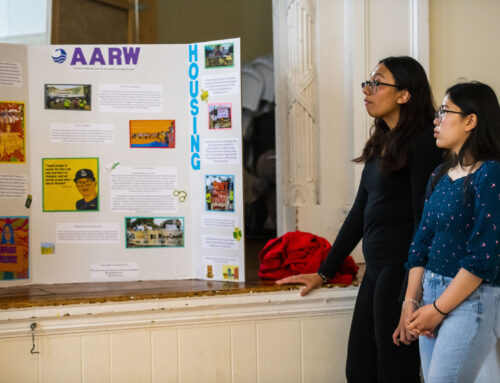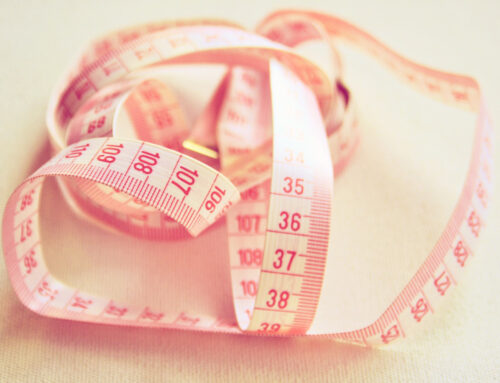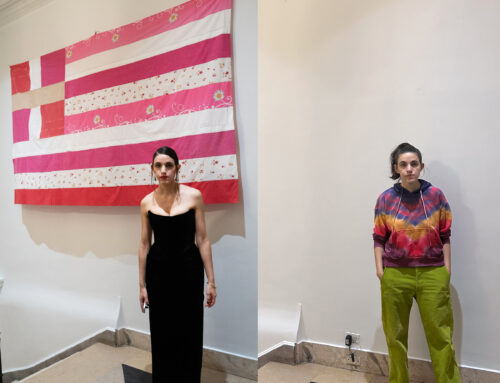
I’ve always been a sucker for simple, sugary movies. From Netflix’s To All the Boys I’ve Loved Before to 90’s icons Notting Hill and You’ve Got Mail, I find happiness when indulging in their fluffy plotlines and reassurance in their inevitably happy endings. Put simply: for most of my life I’ve been involved in a serious relationship with rom-coms.
During past winter breaks, the holiday season meant only one thing for me: couples time with my one and only, Love Actually. Curled up under a blanket with hot chocolate in hand, I’d lose myself in the web of intertwined love stories. Sometimes I’d almost feel like I was right there with the characters, dancing down the staircase with Hugh Grant, crying in my room with Emma Thompson, and gushing over Karl with Laura Linney.
And then I read a Cosmopolitan article about Lulu Popplewell’s critique of Love Actually as “cheesy and sexist.” The comedian and actress starred in the movie as Daisy, the daughter of Emma Thompson’s character, Karen. In the interview, Popplewell went on to state that she thought that the 2003 movie has aged poorly, especially in the aspect that “all the women in it are sort of passive objects.”
As a devoted fan, I initially took personal offense to the interview, upset by Popplewell’s accusations. How could my favorite Christmas classic be anything by uplifting and heartwarming? Cheesy? Maybe. But sexist? Wasn’t that simply the nature of all romantic comedies? I was in a state of rigid denial.
But after watching it again this year, I couldn’t ignore Popplewell’s words. Slowly, the movie’s misogynistic undertones began to unravel themselves. For starters, the movie is host to an overwhelming number of fat jokes aimed at the character Natalie. Natalie is referred to as “the chubby girl” by her coworker and later “plumpy” by her father, and also recounts a breakup in which her boyfriend dumped her because “no man wants to date a girl with thighs the size of tree trunks.” Watching with fresh eyes, I was disappointed by the fatphobia that I had previously overlooked in the movie, a disappointing attempt at comedy.
Additionally, in its multiple story arcs of heterosexual romantic relationships, women are always in subservient positions to men. Jamie falls in love with his housekeeper, while Harry has an affair with his secretary. And perhaps the most famous storyline surrounds David, the newly elected Prime Minister of the United Kingdom, who initiates a romantic relationship with his junior staff member, Natalie (the one constantly fat-shamed). The unbalanced power dynamics, with the men as the ones wielding power, call into question the true participation of the women in these relationships. These relationships normalize such power dynamics, especially for an unknowing younger audience, without the nuance of what it means for these women’s jobs and futures if they had rejected the man’s advances.
Though Love Actually passes the Bechdel Test, it only does so only because of one short scene. The Bechdel Test, which has become popularly used to measure the representation of women in fiction, has three simple tests: 1) The work has to have at least two [named] women in it 2) Who talk to each other 3) About something besides a man. The only scene that passes in Love Actually is when Daisy tells her mother about her part in her school’s nativity play. Every other named woman featured in the movie converses only in romantic settings or regarding romantic endeavors. Popplewell was right.
And it’s not only Love Actually: on closer inspection, an overwhelming amount of romantic comedies paint women only in relation to their romantic relationships with men. Breakfast at Tiffany’s is essentially the story of a woman searching for purpose through marriage. Confessions of a Shopaholic resolves itself when the female protagonist gives up her dream job to work for her male love interest instead. Even Mean Girls can be simplified into the story of two high school rivals fighting over a boy.
What I find problematic about romantic comedies is the way in which they depict women as underdeveloped characters who lack individuality. Instead, they exist solely as objects of love to further the desires of their male counterparts. This misogyny is true for the portrayal of women throughout the film industry but seems most evidently demonstrated through female characters in romantic comedies.
So this winter break, I’m putting my relationship with rom-coms on pause. In a cruel twist of fate, my biggest heartbreak this December will not be spending yet another Christmas single, or even lingering alone under the mistletoe — instead, it will be ending my years-long relationship with Love Actually. Ouch.



